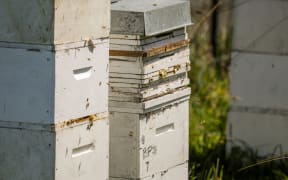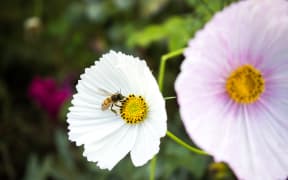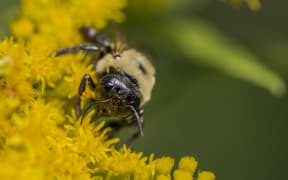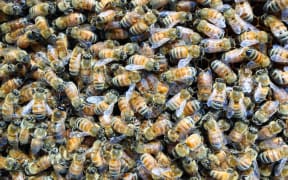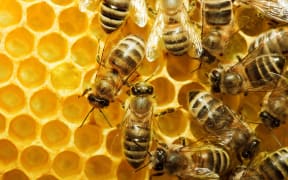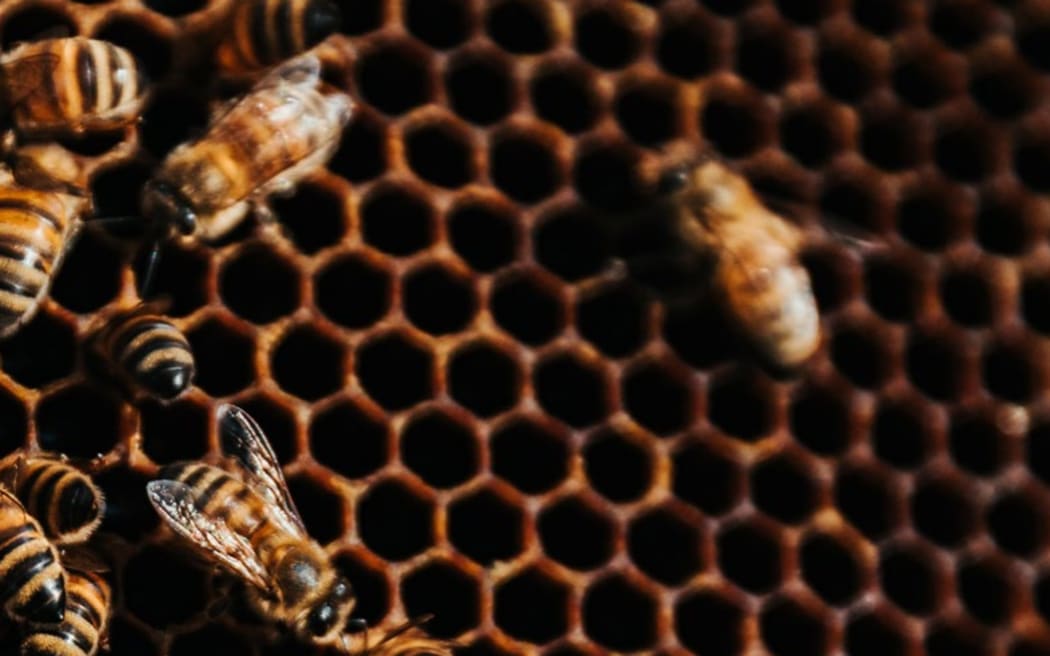
Photo: Apiculture New Zealand
Apiculture NZ is aiming to double exports to $1 billion by 2030 - but beekeepers are not impressed with the new strategy.
A new export levy, industry body and export standards are all part of a strategy to revive and develop the honey industry.
Thriving Together, Futureproofing New Zealand Apiculture just launched in Wellington and sets the goal of doubling honey exports to $1 billion by 2030.
In recent years, headwinds caused by the pandemic and an oversupply of honey have pushed down returns for beekeepers - with some bulk export prices dropping 40 percent.
"Successive years of excess production have led to an erosion in the value of honey, as distressed businesses have [discounted] product for export in both packed and bulk formats," the report stated.
It suggested the industry needed to grow in a sustainable way and the best way to achieve this was through a strong collective voice.
Apiculture New Zealand formed in 2016 and is voluntary, which means it cannot speak for all stakeholders.
The strategy suggests laying the groundwork for a new, empowered industry body that would have the ability and mandate to deliver on the strategy and communicate with stakeholders.
From there, the group would be able to assess the current biosecurity framework, identify gaps and recommend changes to improve risk management and emergency response, including the introduction of a government industry agreement.
'No costing, no clear priorities, no timelines'
However, New Zealand Beekeeping Inc. - which represents small- and medium-sized beekeepers - was not impressed with the strategy.
President Jane Lorimer said she and her colleagues were shocked at its contents.
"Whilst there was consultation a couple of years ago with the industry to flesh out the issues facing beekeepers, packers and exporters, there has been nothing since."
Apiculture New Zealand claimed that the strategy was a living document and it would change over time, but she said "it just looks like a wish list, with no costings, no clear priorities, no timelines or ideas on a funding model".
She said the group was also concerned by the proposal to create more levies.
"Beekeepers already pay for a PMP [Pest Management Plan] for American foulbrood and these additional levies could send beekeepers broke.
"That would, in turn, jeopardise the pollination of New Zealand's horticulture crops as it is the smaller beekeepers who undertake most of [that] work."
At a time when beekeepers were already struggling to survive, additional costs were the last thing they needed, she said.

